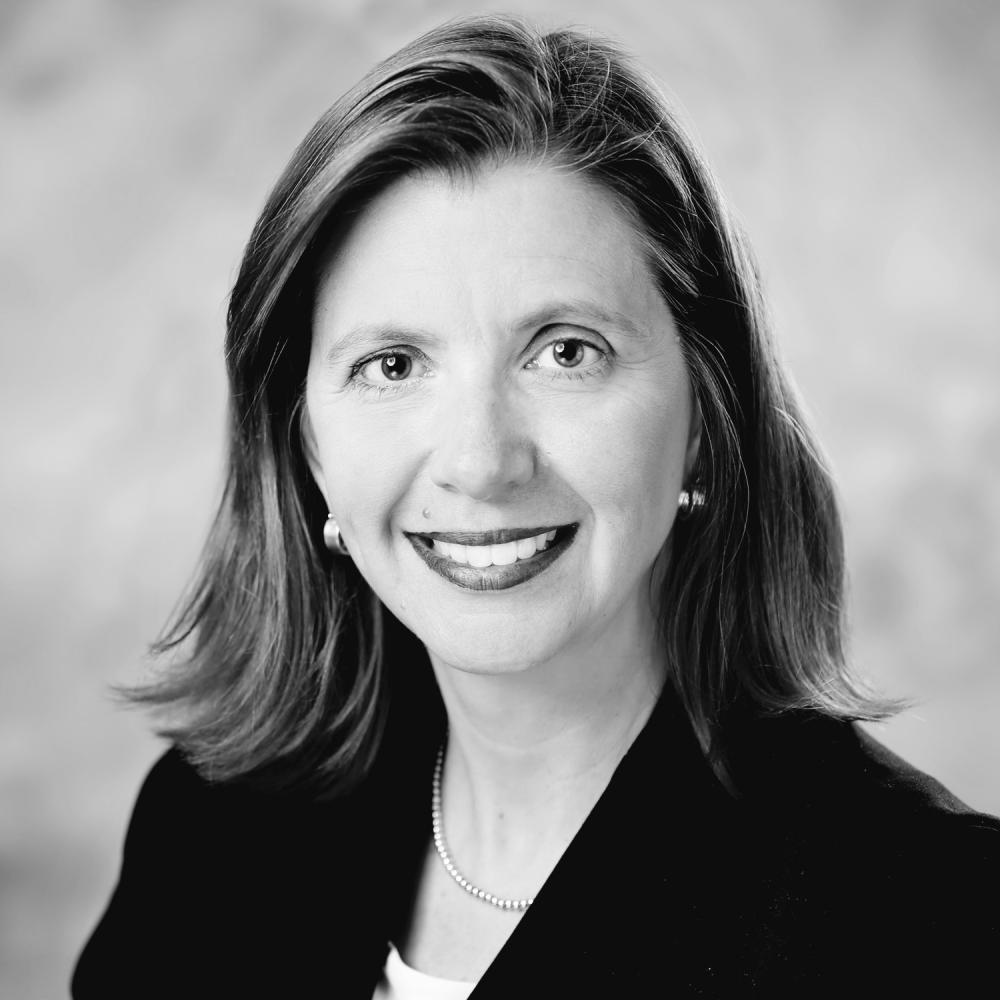
Editor's Note: This article series is sponsored by Philip Morris International.
When Hasan Youness was growing up in Lebanon, he often ran errands for his parents. But there was one thing he wouldn’t do: get cigarettes for his father. “Get your own cigarettes, dad, and feel free to use the balcony,” Youness recalled saying, as recounted in a September blog post. “Didn’t you see the picture of the lungs of smokers in the science book?!”
That is why it is surprising that, today, Youness has engaged in a dialogue with Philip Morris International (PMI) and formed an unlikely friendship with its social impact and sustainability lead, Jennifer Motles. His motivation is one he says the tobacco giant shares: creating a world without cigarettes.
Youness is a strategic advisor to the U.N. Global Compact in Lebanon and professor of strategic management and sustainability at Lebanese International and Notre Dame Universities. He’s also a leading voice for the U.N. Sustainable Development Goals (SDG), including SDG 3, Good Health and Wellbeing. For him, there is no other way to achieve the goal than by working with all stakeholders involved—even those who others demonize.
“When it comes to making progress on the SDGs, we cannot afford to exclude anyone,” Youness said in an interview with TriplePundit, during which he was clear that he is not an employee or consultant for PMI. “If an organization is engaged and demonstrating that they're making a real effort, then it’s imperative to include them in the discussion.”
Working toward a smoke-free future
PMI, known for its Marlboro brand epitomized by the tough-looking smoking cowboy, says it is committed to accelerate the end of cigarettes, for the benefit of consumers, the company and society. It proclaims on its website that it is shifting resources to transform its business and become a smoke-free technology leader as quickly as possible with new offerings such as IQOS, a heated tobacco product.
“There is no substitute for quitting, and regulations should continue to dissuade people from starting to smoke, as well as encourage cessation,” Motles of PMI wrote in an article co-authored with Youness, which appeared in the Global Goals Yearbook 2019.
“Yet, for the hundreds of millions of men and women globally who will otherwise continue to smoke, PMI’s goal is to switch current smokers to nicotine-containing products that are scientifically substantiated as better choices than continuing to smoke. Even though they are addictive and not risk-free, these products have the potential to significantly reduce the individual risks and population harm when compared to cigarette smoking.”
To be clear, cigarettes are still, by far, the largest part of PMI’s business, but Motles says this is changing, as PMI reallocates its resources—including 92 percent of its global research and development budget and 60 percent of its commercial expenditure—toward smoke-free products. She also notes in the Global Goals Yearbook that the company is striving to help at least 40 million people who would otherwise have smoked cigarettes to switch to its smoke-free products by 2025, reducing the number of PMI cigarette smokers by a total of 55 million.
PMI has developed business metrics to track its progress, which are included in its annual sustainability reports. Youness, whose role often centers around guiding change at companies like PMI, says these metrics are critical to build credibility and indicate the company is truly committed and not just putting forth feel-good communications. “Often, [organizations] may want to change,” he said, “but don’t know exactly how.”
“I know there is a huge degree of skepticism and bias about the role we can play,” Motles added. “And, change doesn’t happen overnight. It comes from transparency, disclosure and patience.”
An unlikely dialogue is born
Youness was as surprised as anyone that he would be sitting at the same table with a tobacco company. It started in 2015, when he met Motles while they were both students at Harvard Business School.
“Jenny works for a company which is a major contributor to health problems and diseases caused by smoking cigarettes,” he recalled on his personal blog. “I always thought of her role and company as a contradiction in terms. What has sustainability to do with tobacco? I used to be skeptical that this industry could even merit my asking of the question, let alone be considered as a potential problem solver.”
But the two began to talk, Youness sharing his concerns and criticisms and Motles her company’s aspirations and actions. “When I found out they had changed their purpose [in 2016] to the aim of accelerating the end of cigarettes, my perception started to change,” Youness wrote. “I realized that this awful company could actually serve a valuable purpose.”
For Motles, the key to their relationship was finding common ground, without which, she admits, justifying any partnership can be a challenge. But she told us she firmly believes that where common ground exists, collaboration—even between former adversaries—is critical.
”We’ve learned from history that when we don’t include every stakeholder that plays a part in an issue, the solutions are not viable or sustainable,” she told TriplePundit. “If we want to create change that is sustainable, unfortunately for some, the only way is to sit everyone around the table and define the standards and role that each of us needs to play to get there. I know it will be hard and uncomfortable, but sometimes it is that discomfort that brings change.”
Image credit: Pexels

Maggie Kohn is excited to be a contributor to Triple Pundit to illustrate how business can achieve positive change in the world while supporting long-term growth. Maggie worked for more than 20 years at the biopharma giant Merck & Co., Inc., leading corporate responsibility and social business initiatives. She currently writes, speaks and consults on corporate responsibility and social impact when she is not busy fostering kittens for her local animal shelter. Click here to learn more.














